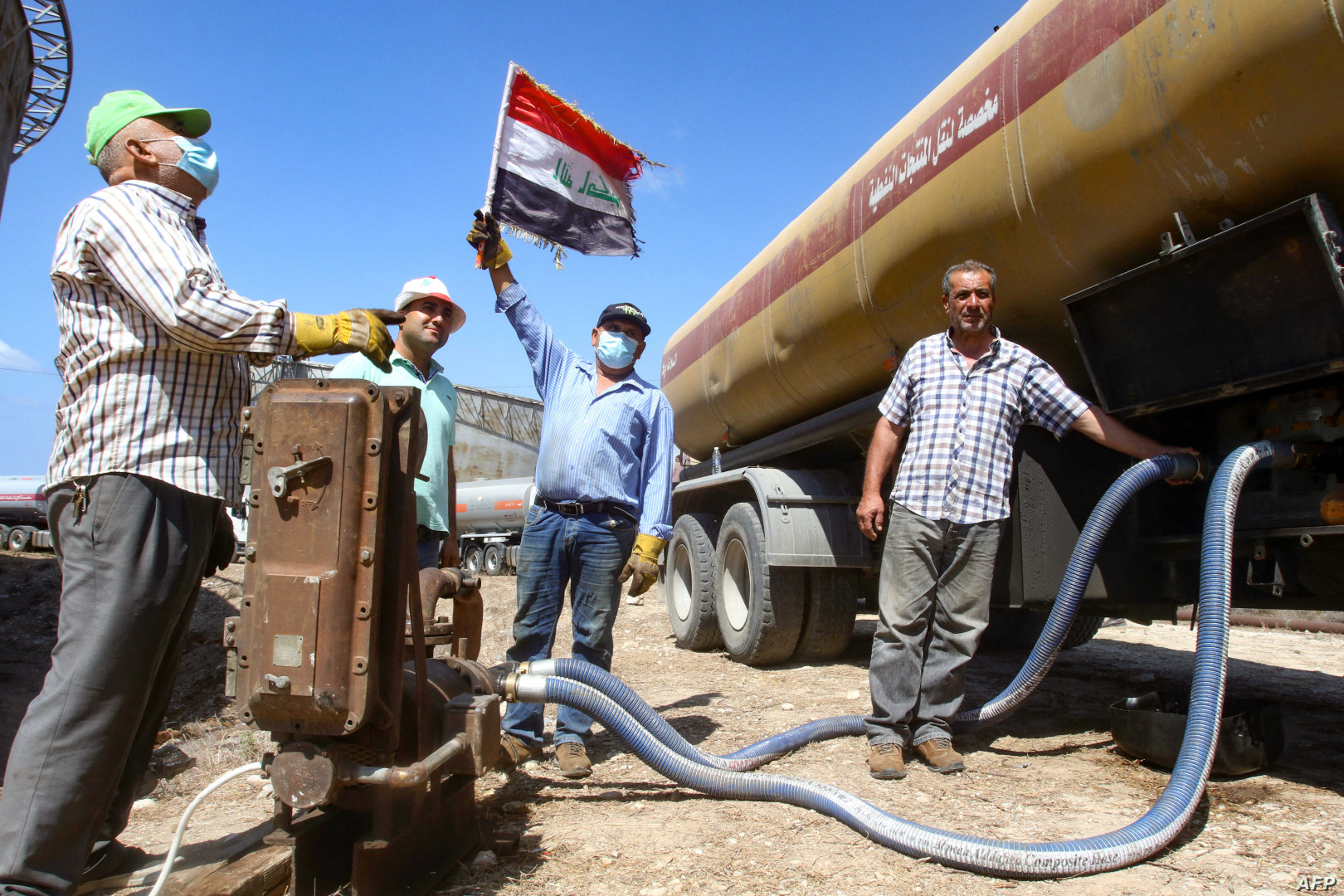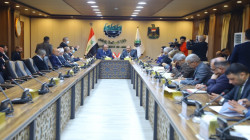Lebanon Plans to Increase Oil Imports from Iraq to Address Power Crisis

Shafaq News/ Water expert Tahsin al-Moussawi has expressed deep concerns about Iraq's water scarcity and the potentially detrimental consequences it may bring.
The country has been grappling with drought in recent years, resulting in food shortages, famine, livestock losses, migration, and the emergence of diseases.
Al-Moussawi emphasizes that water scarcity is now a global issue driven by population growth, increased water demand, and declining rainfall. These factors have led to food shortages and a rise in famine rates, previously more prevalent in Africa but now pose a global threat.
The expert draws attention to the precarious state of Iraq's water situation, with numerous bodies of water and rivers drying up in recent years.
The Euphrates River has been severely affected, primarily due to the lack of tributaries. In contrast, the Tigris River is relatively better off as it receives water from Turkey (56%) and Iran (12-15%), with the remaining portion originating from internal sources.
Areas densely populated in the Euphrates basin, already heavily impacted by drought, are likely to face further challenges, potentially leading to forced migration. Moreover, the vast area of marshes receives only 12% of the required water (15 billion cubic meters).
Iraq's water stock currently stands at 9 billion cubic meters, while the country consumes approximately 1 billion cubic meters annually. Inaccurate internal water usage practices and the failure to reach agreements with downstream countries on water quotas have contributed to the critical water situation in Iraq.
The consequences of water scarcity include the loss of agricultural plans and strategic crops. Consequently, securing drinking water has become a top priority, and if the drought persists into the coming winter, the situation in Iraq will further deteriorate. Additionally, this predicament poses risks to biodiversity, migration patterns, salinity levels, the spread of pathogens, pollution, and the proliferation of insects.
The Commission for Human Rights in Iraq has identified three factors exacerbating the effects of drought and global warming: high temperatures, increasing sandstorms, and poor water management.
Given Iraq's status as one of the countries most affected by global warming and climate change, experts are urging the government to implement a climate strategy that addresses global warming, water management, the construction of a green wall in Iraq, and considers climate as a sovereign issue.





